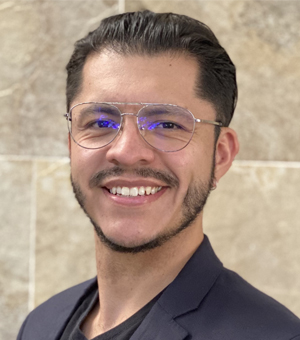Education:
- 2017 – Ph.D., Health Services Research, Policy & Administration, University of Minnesota.
- 2009 – Master in Economics, CIDE.
- 2006 – Biomedical Engineering, Metropolitan Autonomous University, Iztapalapa
Academic appointments:
- Professor-researcher at the Division of Public Administration (DAP) at the Center for Research and Teaching in Economics (CIDE) Central Region in Aguascalientes, Mexico.
- Member of the Cancer Surveillance and Intervention Modeling Network (CISNET).
- Researcher affiliated with CISIDAT.
- Level 1 in the National System of Researchers (SNI)
- Founding partner of the Decision Analysis in R for Technologies in Health working group (DARTH; http://darthworkgroup.com/)
Research interests:
- Application and development of epidemiological, computational, economic, statistical, and decision analysis models for health problems and public health policies.
- Development of novel methods to quantify the value of future research.
Featured projects:
- Modeling the COVID-19 epidemic in Mexico and other parts of the world with the SC-COSMO model (www.sc-cosmo.org).
- Impact evaluation of different detection and treatment policies for colorectal, cervical, and gastric cancers, and infectious disease agents as precursors of cancers such as human papillomavirus (HPV) and Helicobacter pylori (H. pylori) on health and quality life of the population.
- Cost-effectiveness analysis of different HIV / AIDS prevention interventions in Central America.
- Methodological work: co-developed a new efficient method to perform information value analysis (VOI) using a Gaussian approximation approach. He defined the problem of non-identifiability in the calibration of simulation models and its implications for decision-making in health. He implemented new Bayesian calibration methodologies to quantify and propagate the uncertainty of a colorectal cancer natural history model’s parameters to assess its impact on health policy analysis. He has also developed open-source software to quantify future research value and estimate the price based on the value of healthcare technologies. He developed an open-source framework for building cost-effectiveness analyzes based on decision models. He quantified the extrapolation bias by using clinical trial parameters used to extrapolate the effectiveness of health technologies beyond the evaluation period and proposed a new method to eliminate this bias.

